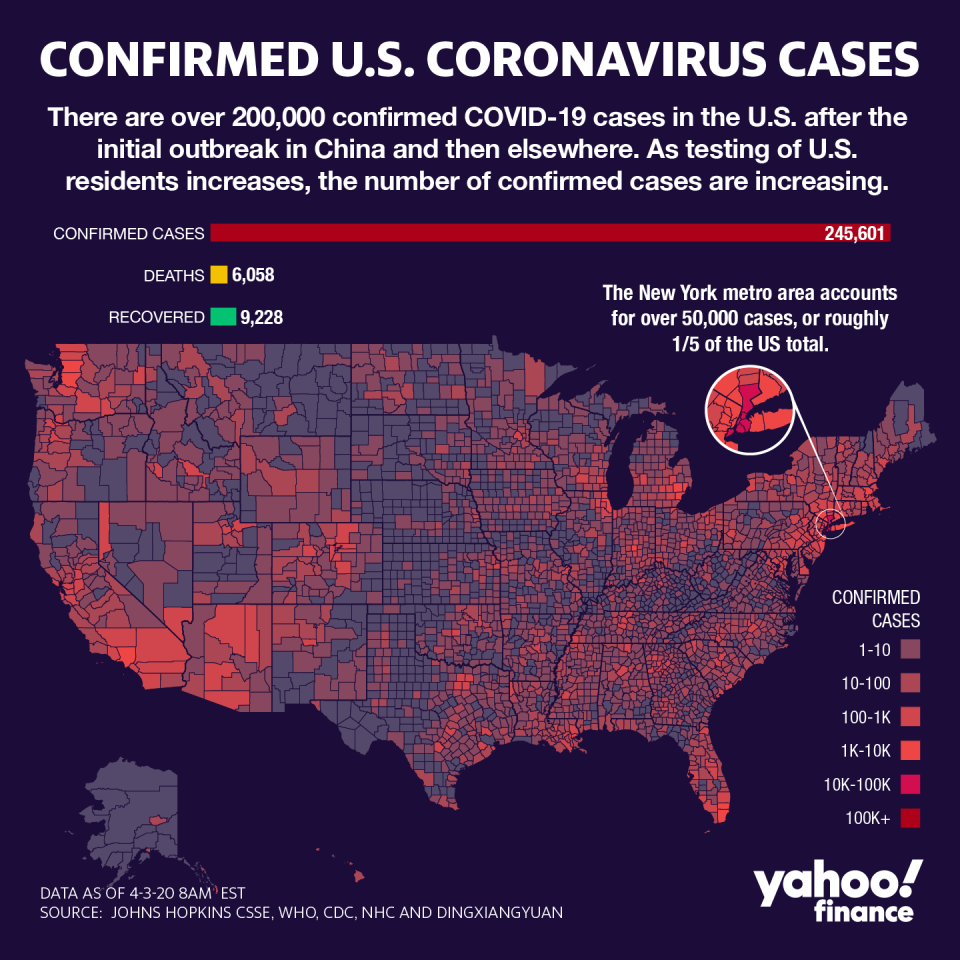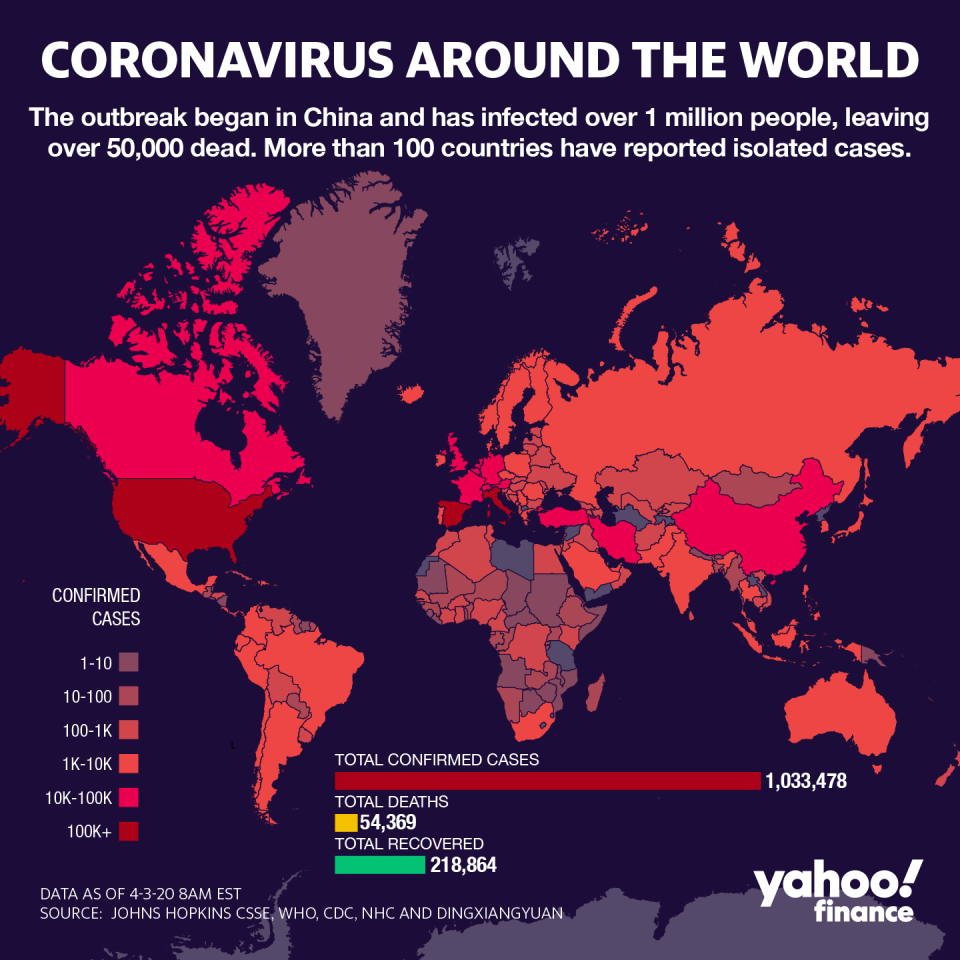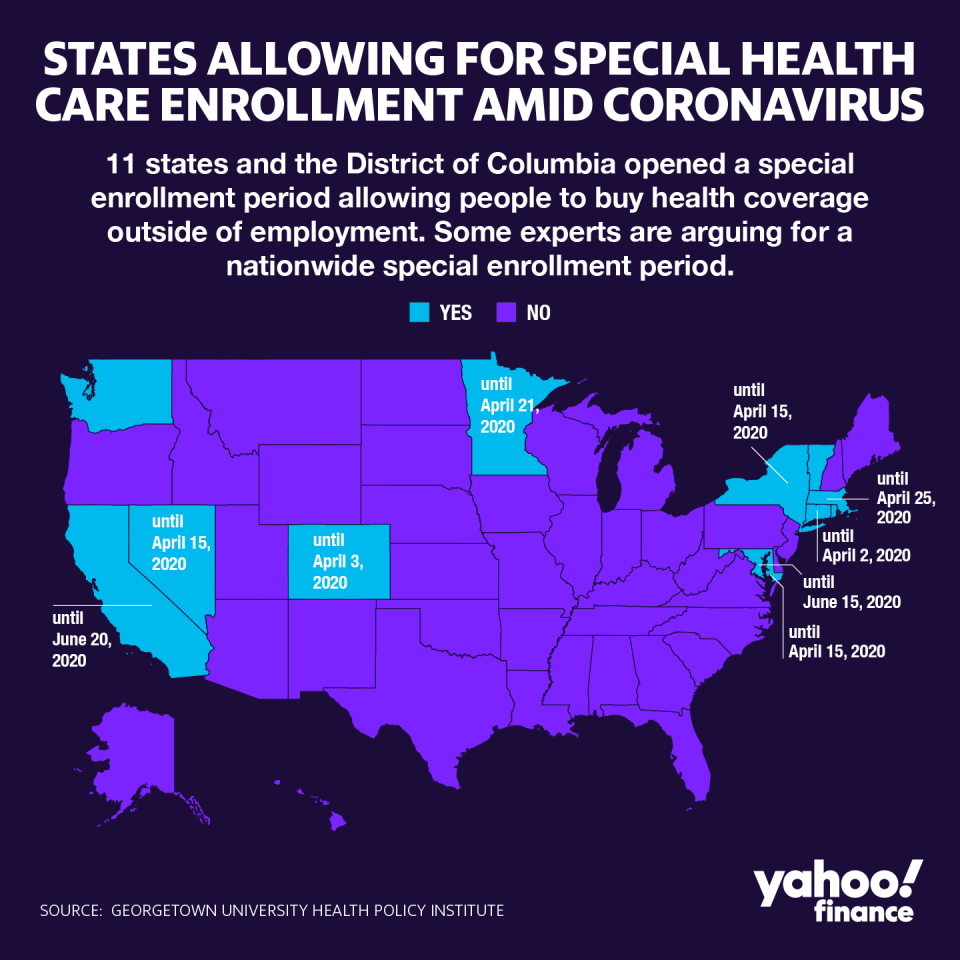Coronavirus: White House promises 'cash payment' to hospitals that treat uninsured patients
The Trump administration announced on Wednesday that it would not be creating a special enrollment period (SEP) for uninsured Americans amid coronavirus, stating that they were “pursuing other options.”
On Thursday, President Trump revealed that instead of an SEP, the White House was pledging “cash payment” to hospitals that treat uninsured patients. Vice President Pence added that the president would announce to initiative on Friday.
“I understand the question and we’re doing better than that,” Trump said during Thursday’s White House Coronavirus Task Force briefing. “We’re going to try and get them a cash payment because just opening it up doesn’t help as much. It’s a certain group of people, a cash payment.”

Asked to clarify the cash payments, Trump turned to Vice President Pence, who said that "the White House Coronavirus Task Force is working on a proposal for the president to use some of the $100 billion that we’re making available to hospitals to compensate the hospitals directly for any coronavirus treatment that they provide to uninsured Americans. We’re working out the details of that. The president will make a final decision tomorrow. We expect an announcement."
Pence added that for uninsured Americans, the administration would "find a way to pay for your coronavirus treatment, and the president will be addressing that and announcing that tomorrow."

28 million Americans uninsured
The U.S. is now the leader in the number of cases with over 200,000, which accounts for approximately 20% of the more than 1 million cases worldwide.
Nearly 10 million Americans filed for unemployment, largely due to the coronavirus, based on the last two initial jobless claims reports. Those unprecedented numbers are expected to rise further.
And although any American who loses their job (such as those laid off because of coronavirus) automatically qualifies for an SEP, that’s not the case for approximately 28 million uninsured Americans who didn’t have employer-based health coverage to begin with.

Uninsured Americans could only enroll in health care coverage now if an SEP were created for them, given that the federal open enrollment period ended in December. An SEP allows people to sign up for health insurance coverage outside of open enrollment.
President Trump has the authority to declare an SEP in states that have a federally-run Obamacare marketplace, which is all but 12 states — California, Colorado, Connecticut, D.C., Idaho, Maryland, Massachusetts, Minnesota, Nevada, New York, Rhode Island, Vermont, and Washington — and Washington D.C.
Currently, all areas without a federally-run Obamacare marketplace besides Idaho created special enrollment periods on a statewide level. Many of those end during the month of April. A nationwide SEP would open enrollment to Americans in states where the federal government runs the health care marketplace.

Trump’s decision to reject an SEP had drawn sharp criticism from the Democratic Party.
Presidential candidate Sen. Bernie Sanders described the move as “insane” while New Jersey Sen. Cory Booker called it “the height of callousness and irresponsibility.”
Adriana is a reporter and editor for Yahoo Finance. She can be reached at [email protected]. Follow her on Twitter @adrianambells.
READ MORE:
Biden and other Democrats blast Trump's health care rejection amid coronavirus
Coronavirus: Trump administration decides against nationwide special health care enrollment
Coronavirus hospital bills: A look at the costs for Americans
Read the latest financial and business news from Yahoo Finance
Follow Yahoo Finance on Twitter, Facebook, Instagram, Flipboard, SmartNews, LinkedIn, YouTube, and reddit.
